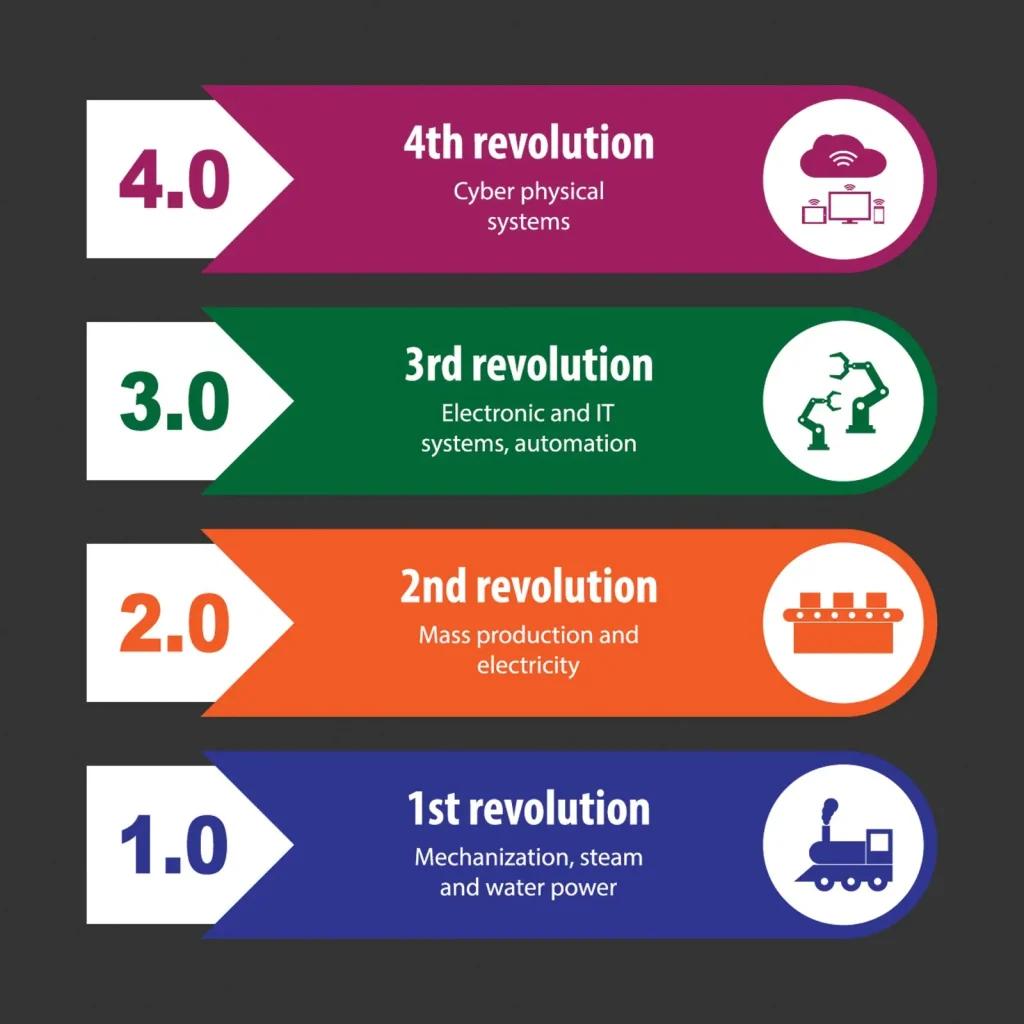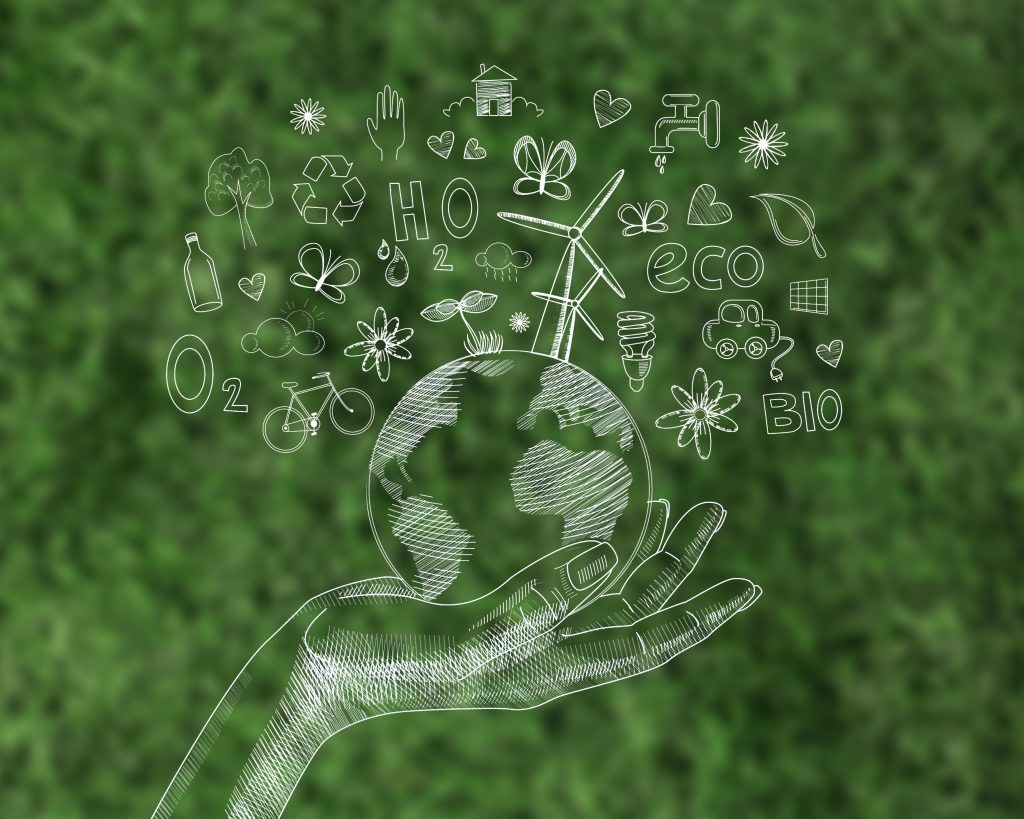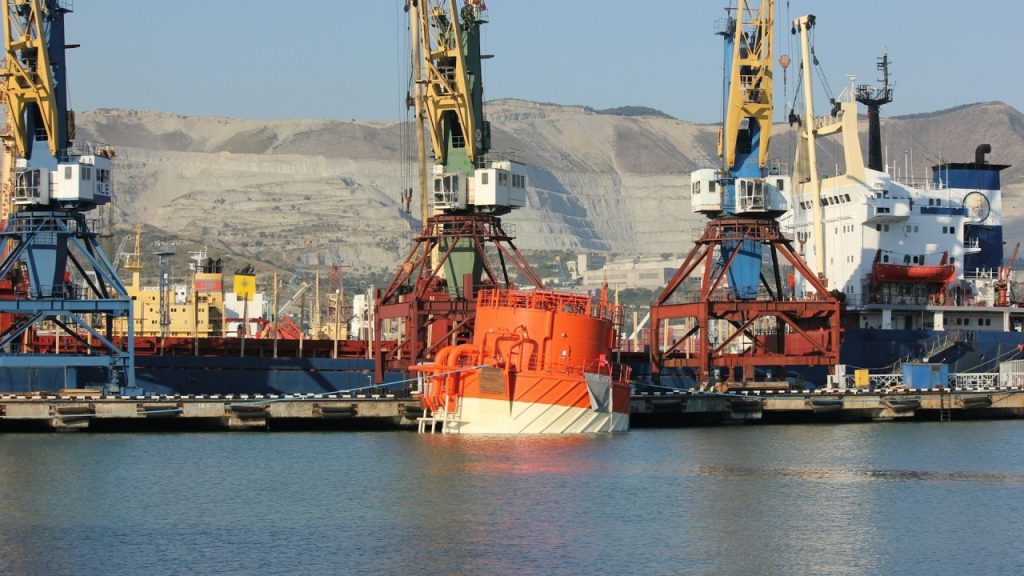Circular Economy could spare the oceans from Deep-sea mining
JULY 29, 2025
On July 25, the International Seabed Authority (ISA) was set to decide whether deep-sea mining will be allowed in international waters—a pivotal moment given the intense global debate surrounding this decision. However, the meeting concluded without a definitive outcome. The ISA neither imposed a moratorium on deep-sea mining nor adopted a mining code to allow large-scale exploitation of the ocean floor. The fate of the deep sea has now been deferred to future meetings, with mounting pressure to establish clear rules.
Back in April 2025, US President Donald Trump signed an executive order to fast-track deep-sea mining in both domestic and international waters. The move sparked controversy, particularly because the White House authorised mining in territories it doesn’t actually control. Still, the US is not the first country to allow deep-sea mining in its domestic waters.
A handful of other nations, including Japan, New Zealand, Norway and Papua New Guinea, have already started issuing permits to mine in their waters. However, most commercially viable mineral deposits can be found in international waters, which the ISA regulates.
The impact of deep-sea mining
The seabed contains significant and so far untapped reserves of copper, cobalt, nickel, zinc, silver, gold, rare earth elements and other resources. In general, deep-sea mining refers to the extraction of polymetallic nodules—potato-sized lumps of metal-rich minerals—from depths of hundreds or even thousands of meters. The process typically involves ‘vacuuming’ these nodules from the seabed, processing them aboard surface vessels, and dumping the residual waste back into the ocean.
Continue reading the article published by Circle Economy
Circular businesses grow two times faster than linear competitors
JULY 18, 2025
Businesses that adopt circular practices may grow up to two times faster than those with linear business models, according to a new study. The new report produced by environmental action NGO WRAP and OC&C Strategy Consultants, looked at how circular living strategies are becoming more commonplace in UK boardrooms. Circular living means ‘design-make-reuse’ instead of the linear ‘take-make-waste’ system.
It also found that circular industries have been growing 3.1% faster than linear industries.
Ewan Parry, Partner at OC&C Strategy Consultants, added: “Our research uncovered that businesses pursuing circularity are benefiting much more than just improving their “green credentials”.
“Adopting Circularity can unlock real commercial value across a wide range of businesses, from driving new revenue streams, to boosting customer retention and loyalty, whilst also providing supply chain efficiencies.
“While circular initiatives are not one-size-fits-all, we’ve seen that when circular strategies are carefully designed and targeted, they can deliver tangible commercial benefits to businesses.
“For many companies, the next step is moving from awareness to action: embedding circularity in ways that supports long-term growth and competitive advantage.”
Read the article and the full report published by letsrecycle.com.
New Update of the Glossary Circular Economy
JUNE 2, 2025
The goal of this glossary, by author Jan H. Jansen, https://www.linkedin.com/in/jan-h-jansen-0490764/, with contribution, among others, by our own Corine van der Sloot, is to help students in higher education understand some of the basics of circular economy.
The glossary is, of course, never replacing a good textbook about circular economy and/or lectures, but the glossary supports students to find quick reference to Circular Economy terminology.
All definitions in the glossary are provided with reliable references as a source.
The glossary is available for use at no cost. Download the glossary here.
Read the Linkedin Post by Jan H. Jansen about the new update of the glossary.


State of Circular Entrepreneurship in the Netherlands: Challenges and Opportunities
Research shows that SMEs in the Netherlands are on average 56% circular, with challenges in financing and regulations.
Research involving over 600 SMEs shows that, on average, they have adopted 56% of circular business practices. While this is a good start, there is still a lot to do to reach the goal of being fully circular by 2050.
The fourth industrial revolution, most SME’s still have a long way to go
We are in the fourth industrial revolution, in which the transition to smart industry (Industry 4.0) and an advanced, data-driven supply chain (Supply Chain 4.0) are central.
Advanced automation and the integration of systems and machines can make production and logistics processes more efficient, flexible and customer-oriented. Partly due to developments such as the Internet of Things (IoT), cyber-physical systems, Blockchain and Artificial
Intelligence (AI), data can be exchanged in real time and analyzed at lightning speed.
This not only leads to improved decision-making and responsiveness, but also to an improvement in sustainability and efficiency (Fatorachian & Kazemi, 2021). To grow with this transition, most logistics (SME) companies still have a long way to go (Wolter et al., 2021; Evofenedex, 2021)
Source: 2025_VLW, https://www.researchgate.net/publication/352644758_The_Analytics_Maturity_of_Logistics_SMEs_Gaining_a_deeper_understanding


Future of Jobs Report 2025: Climate-change mitigation is the third-most
transformative trend overall
Climate-change mitigation is the third-most transformative trend overall – and the top trend related to the green transition – while climate-
change adaptation ranks sixth with 47% and 41% of employers, respectively, expecting these trends to transform their business in the next five years.
This is driving demand for roles such as renewable energy engineers, environmental engineers and electric and autonomous vehicle specialists, all among the 15 fastest growing jobs.
Climate trends are also expected to drive an increased focus on environmental stewardship, which has entered the Future of Jobs Report’s list of top 10 fastest growing skills
for the first time.
Bill Gates makes alarming prediction: AI will replace teachers and doctors within 10 years, warns humans may become obsolete for most tasks
However, the transition could bring with it opportunities and challenges, as per a report.



